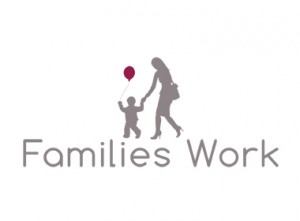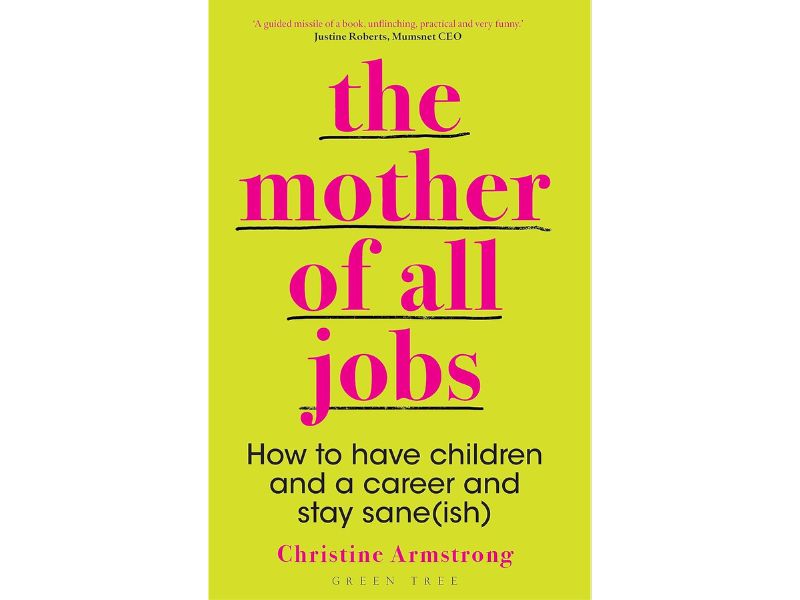According to the National Childcare Trust, 60% of women say that childcare is the biggest concern when returning to work. Some of the most common feelings expressed by mothers include guilt and fear that the childcare won’t be good enough.
Finding the right childcare can be a confusing and time consuming process with many things to consider from staff capabilities, parenting philosophy, family life (including the long/unpredictable hours worked!) setting ethos, curriculum and budget to name a few.
Keep an open mind
Although finding Mary Poppins might be difficult (even she had her faults!) the key is to keep an open mind when exploring the different forms of childcare available, and thinking about the needs of you, your child and the wider family.
I have met with many parents who prior discussing their individual needs have been set on having a particular form of childcare, only to realise another form that they hadn’t looked into was a better option for them.
Nanny
A nanny cares for your child in your own home. They are responsible for providing activities and meals for your child. You can also expect them to do some chores related to the care of your child.
There are many different nanny roles such as live out or live in nannies, nanny housekeepers, PA Nannies, mannies (male nannies) nanny share positions etc….
A full time, live out nanny works between 10-12 hours a day. However, the sector has changed and there is an increasing need for nannies to be flexible in the hours they work.
Pro’s
- Nannies provide one-to-one care for your child in your family home, enabling you to fully dictate what care your child receives, e.g. feeding, sleeping, eating routines; activities you want your child to attend etc…
- The one to one care provided means your child will benefit from plenty of attention and stimulation.
- Having childcare in your home allows your child to adjust more gradually to you returning to work. Your child will be able to enjoy the familiarity and security of being at home with all her own toys and routines.
- Increasingly nannies are gaining childcare qualifications, but this is still an ‘additional benefit’ rather than being essential.
- Employing a nanny also means your childcare is very flexible. If you work and often have to stay late at short notice, having a nanny will mean your child is at home and in safe hands.
- Although employing a nanny is expensive, it becomes more cost-effective the more children you have.
- Nanny shares, where families share a nanny are becoming an increasingly popular way for families to have the benefits of a nanny at a reduced price. It does however come with its own complications if families have different parenting philosophes, holidays etc…
- If your child is ill, compared to a childminder or nursery, nannies tend to be more flexible in caring for the child, providing a restful environment for the child to get better.
Con’s
- The most glaring disadvantage of having a nanny is the expense. You are paying someone’s salary, and they are likely to be working a long day. The average annual take-home salary for a live-in nanny in Central London is £26,000, with a Live Out Nanny earning £34,000 (2012 Nannytax Wages Survey)
- Also you will become the nanny’s employer. This means you will have to take on legal responsibilities such as paying tax, national insurance and providing holiday leave.
- Another downside is the lack of a required formal registration process for nannies. They can volunteer to be registered with Ofsted and inspected by the appropriate authority for where they live, but this is not compulsory.
What else to consider?
- Given nannies charge a flat rate even for families of Von Trapp proportions, and childminders charge per child (although some offer sibling discounts of 10 to 30 per cent), the cheaper option will depend on how many children you have and the hours needed.
- Having a contract in place is essential. Examples can be found on the internet or you can find an agency to create a bespoke contract to meet your needs.
- Employing a nanny that has registered with Ofsted will enable parents to claim childcare vouchers. More information on how to do this can be found at www.babyem.co.uk
In the next article I will discuss the pros and cons of Nurseries. There are of course other forms of childcare to consider from Au Pairs to Maternity Nurses, Night Nannies to Nanny Housekeepers.
If you would like support in finding the right childcare to meet your needs, Families Work is a bespoke childcare agency that supports parents to source childcare form nurseries to nannies. All consultants have over 15 years experience consulting within the childcare sector.
For more information contact 0208 986 9008 visit: www.familieswork.co.uk or email: [email protected]
About the Author
 Emma Dewey is the Director of Families Work, a bespoke childcare consultancy agency that supports companies and parents to balance family and work life. Services include a bespoke childcare search service, maternity coaching, parent workshops as well as a parent trouble shooting service. As a childcare specialist Emma regularly consults for Local Authorities and associations such as the British Association of Au Pairs.
Emma Dewey is the Director of Families Work, a bespoke childcare consultancy agency that supports companies and parents to balance family and work life. Services include a bespoke childcare search service, maternity coaching, parent workshops as well as a parent trouble shooting service. As a childcare specialist Emma regularly consults for Local Authorities and associations such as the British Association of Au Pairs.









Great points! Picking the right quality child care deal can have all the effect in your youngster’s overall efficacious day. Confirming what sort of type consideration provider who helps, lifestyle, plan, and even area where you live takes some research and soul-seeking.